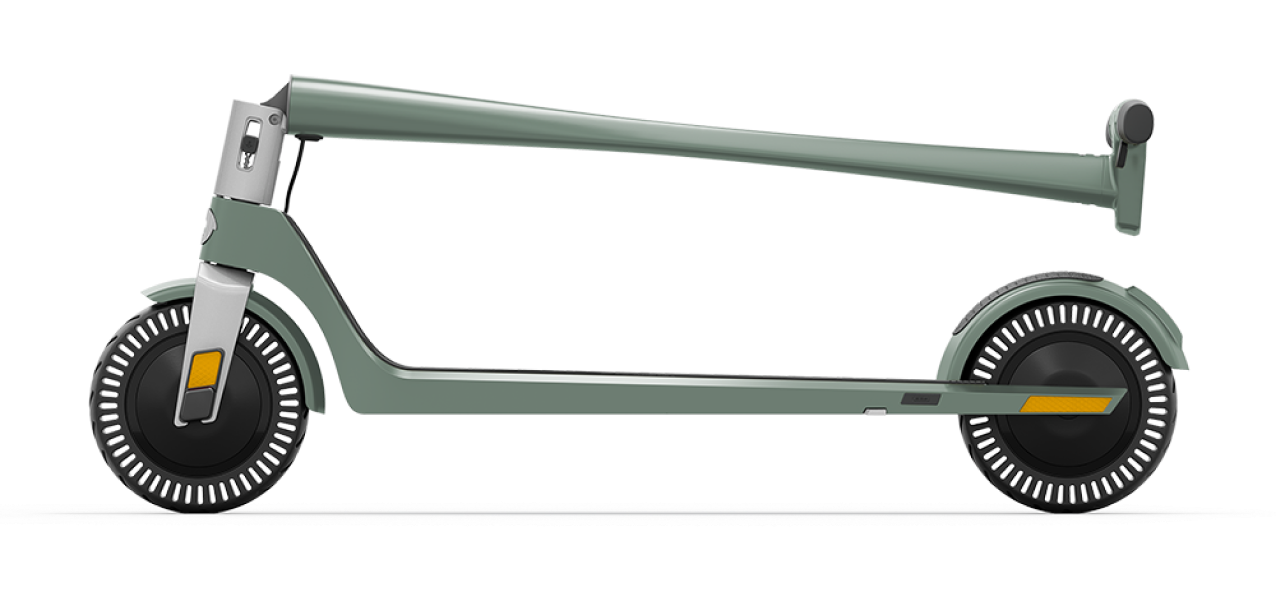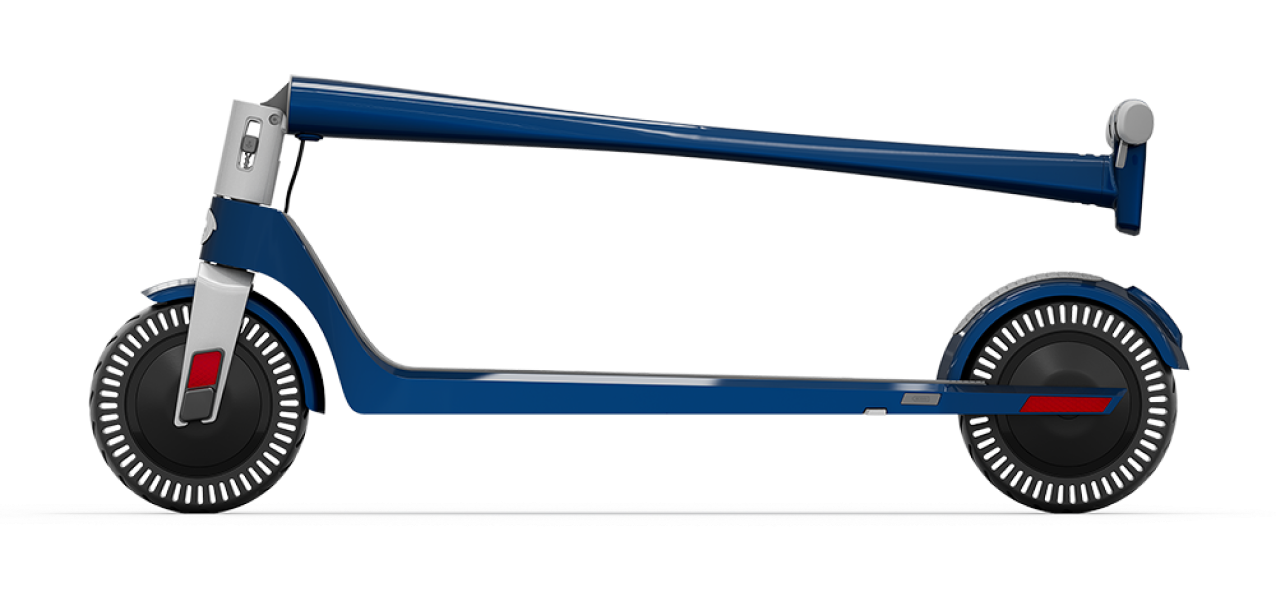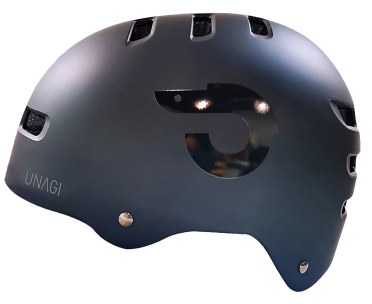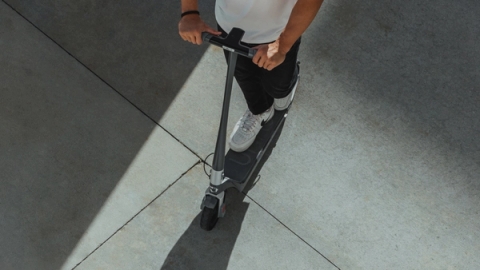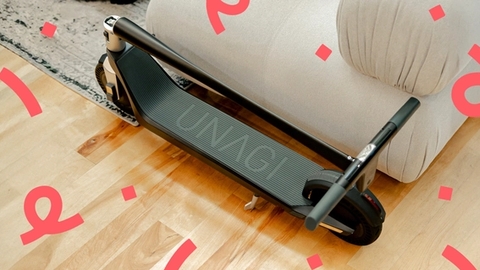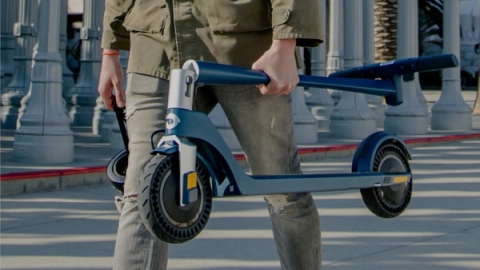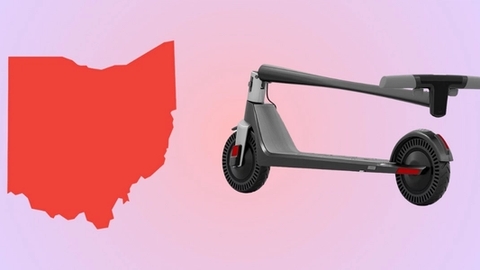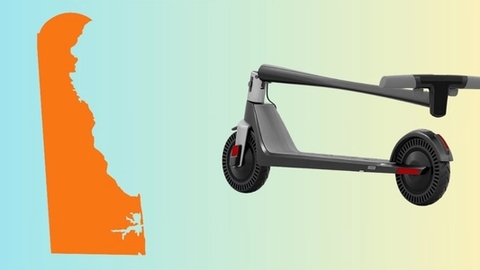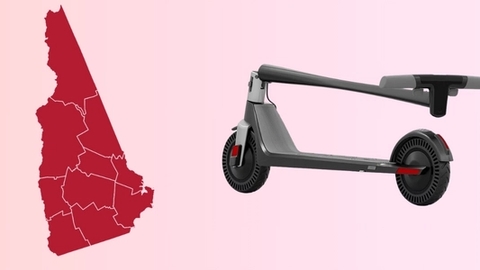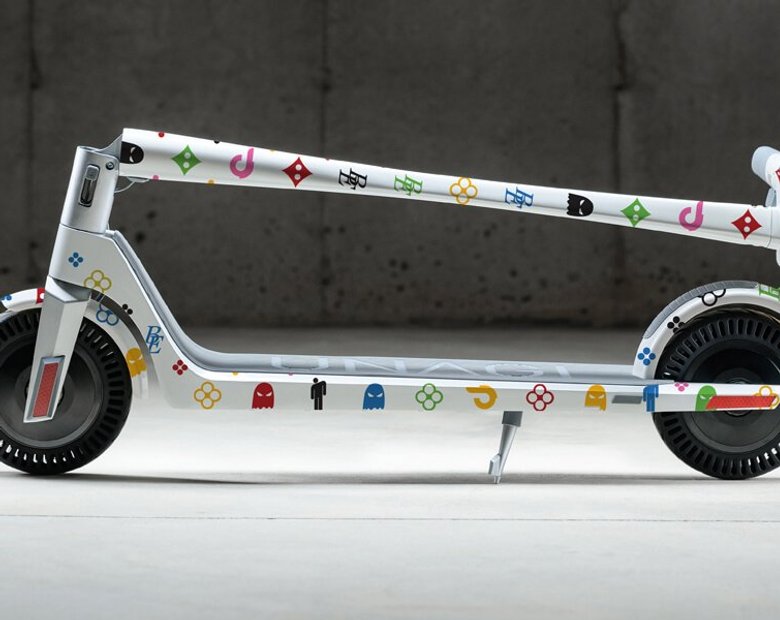Micromobility is here to stay, and it’s changing how we experience urban life for the better. With Unagi’s membership program, you can enjoy all the benefits of a top-tier electric scooter without the sky-high price of ownership or the inconvenience of ride-sharing.
In the age of the smart e scooter, the best electric scooters for the daily commute are increasingly lightweight scooters, built for easy portability such as Unagi Voyager. Weighing in at only 13.4 kgs (29.6 lbs), it must surely be one of the lightest of the lightweight scooters currently available. The average e scooter can weigh up to 31 kgs (70lbs) or more.
However, lightweight scooters must stay within their weight limit!
The good news is commuter scooters are built to a robust strength-to-weight ratio, often with aviation-grade aluminum alloy. However, a lightweight scooter needs to stay within the manufacturer's specified weight limit - the maximum load they can carry.
So, what action is best to take if you:
- Are a heavier rider - or -
- Live in one of the states with a low legal, maximum weight limit for an electric scooter
In this ultimate buying guide ... we'll give you all you need to know about an e-scooter's weight limit, and how to ensure you find the ideal electric scooter for you and your riding needs.
Let's go...
Why stick to an electric scooter's weight limit?
An electric scooter's motor is designed to power and move a specific scooter's weight range. Additional weight will reduce power output, causing:
- Loss of acceleration and top speed - by up to 40 per cent. Dropping from a top speed of say, 33km/h (20 mph) to only 20-24km/h (12- 15 mph).
- Reduced range - the extra energy needed to move the additional weight can also reduce travel distance from say, 40 kms ( 25 miles) to around 20 kms (12 miles).
- Hill climb failure - your scooter may struggle with gradients well below the 7-10 percent average.
Unfortunately, that's not all. Exceeding your electric scooter's weight limit can do more than simply slow you down!
Extra weight poses a serious risk of:
Accident and injury
Carrying a heavier load can cause your scooter to wobble, lose balance and tip at any time. You can have real difficulties in controlling maneuvers, such as braking and turning corners.
*A fully loaded backpack, for example, can add significant pounds, and exceed your scooter's weight limit by as much as 5-10 kg (11-22lbs) or even more.
- Damage to the motor, battery, frame or tires, and shorten a scooter's lifespan.
Exceeding an electric scooter's weight limit over time can impose harmful stress on the motor, and shorten battery life.
Motor overheating: caused by a motor's normal operating temperature rising to dangerously high levels, risking damage, fire or explosion.
Battery draining: faster than normal because of the added charge needed, which severely reduces the range available on a single charge.
Early wear and tear: will start to appear on other vital components too, such as tires, brakes, and suspension system starting to fail, with the need for frequent maintenance and repairs.
- Your manufacturer's warranty may become void. So you won't even be able to get a free repair or new component.
Particularly, if your electric scooter shows signs it's been carrying loads above the manufacturer's recommended maximum weight.
Plus, if an accident does occur as a result of exceeding a scooter's weight limit. You may be held liable for any damage or injuries caused to yourself, your scooter and other road users involved.
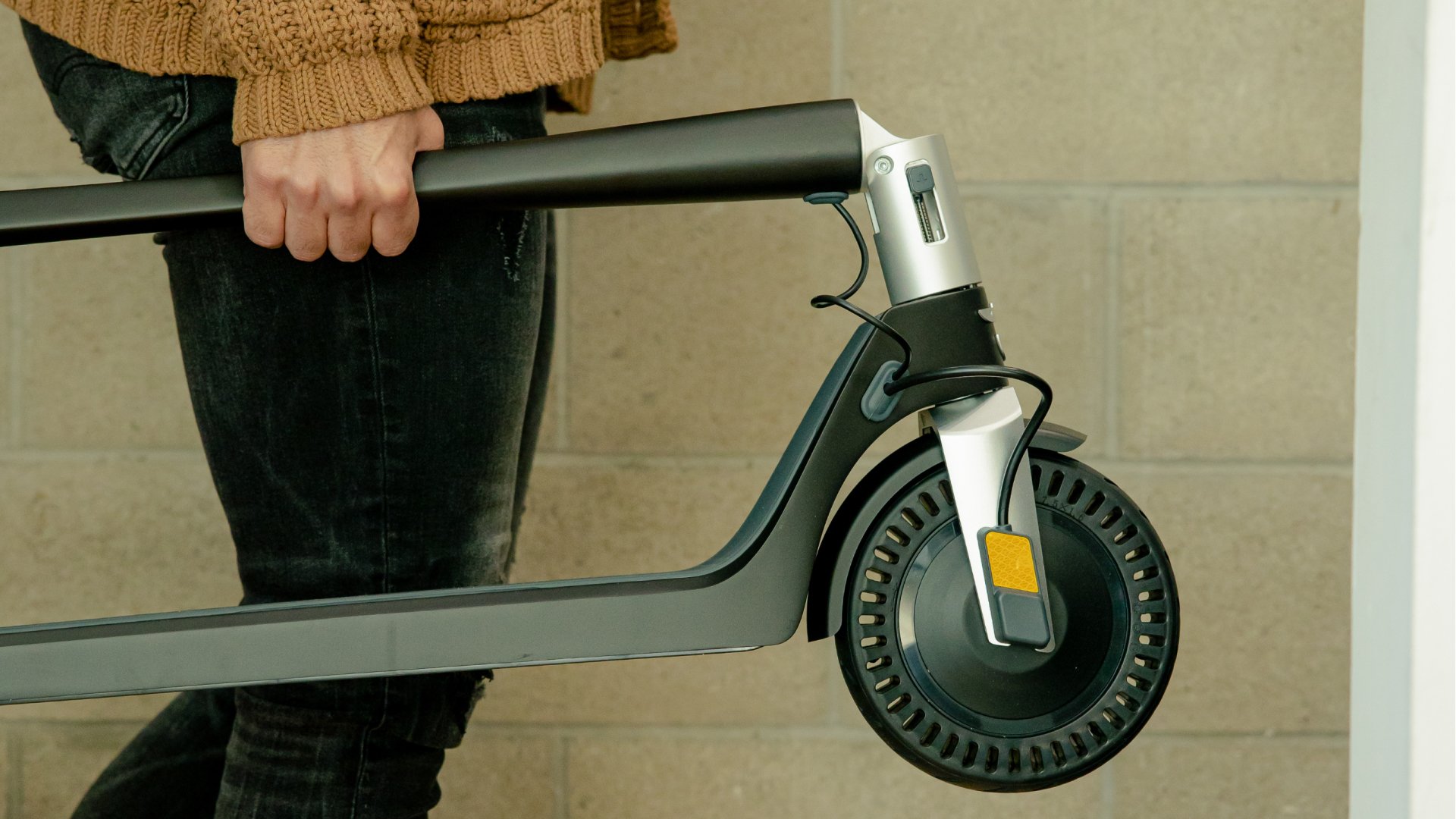
What decides an electric scooter's weight limit?
How an electric scooter is to be used?
Adult electric scooters usually have a weight limit of:
- 100 kg (220 lbs) to 160 kg (352 lbs)
However, weight limits will vary considerably according to the type of scooter design. This means, how a scooter is to be used.
Electric scooters designed for daily urban commuting - are almost always lightweight for easy-to- carry portability, and generally have a weight limit of:
- 100kgs (220lbs) - 125 kgs (275 lbs)
Typical commuter scooters in this weight-carrying class include: Apollo City, Hiboy S2, Unagi Voyager, TurboAnt X7 and Emove Cruiser.
Heavy duty electric scooters built for off road riding in more rugged terrain, tend to have weight limits of around:
- 136 kgs (300lbs) - 180 kgs ( 400 lbs)
Heavy duty e scooters in this category include: Mantis Pro, Fluid Horizon, Wolf Warrior and Apollo Phantom.
Weight of main scooter parts
It's not only a heavy duty electric scooter that's loaded with heavy duty parts. Even those designed for shorter range commutes can be a heavier weight. Because it's a dual motor electric scooter. Or it has both front and rear suspension.
Battery
The higher a battery's voltage the larger and heavier it will weigh. This is because of the extra charge needed to power an electric scooter, according to how it will be used. Whether purely for short range or long distance urban commutes. Or for an off road electric scooter and sports performance, higher speeds.
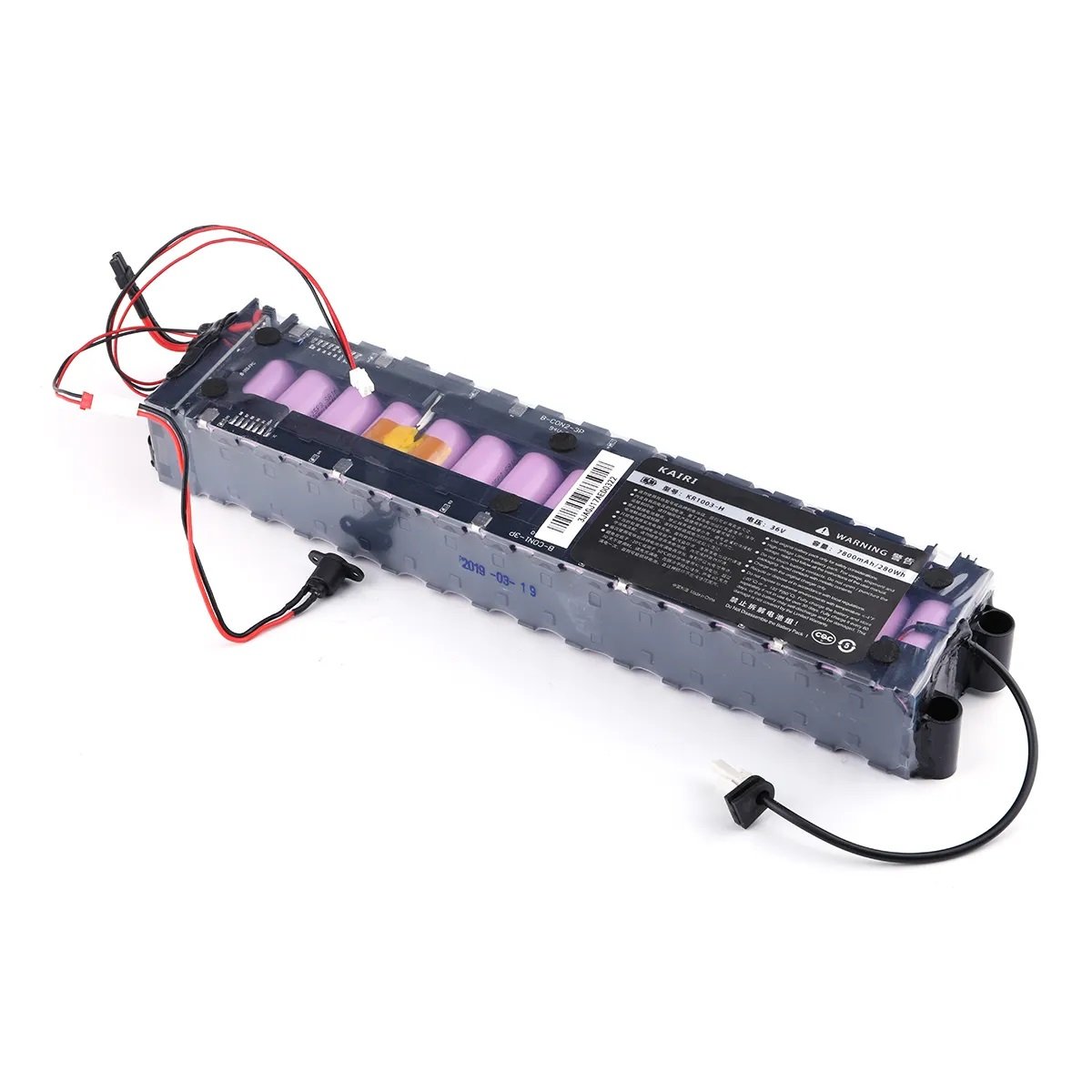
Almost all modern electric scooters come with a lithium-ion battery and a voltage of between 36v - 72v.
The average urban commuter scooter will generally be fitted with a:
- 36v, 48v or 52v battery
- generally weighing between -
- 1-2 kgs ( 2.2-4.4 lbs) to 5-6kgs ( 11-13lbs)
The heavier the scooter, the larger the battery - and therefore - the heavier the scooter will be.
Motor
A single e scooter motor tends to weigh around 3 - 4kgs ( 6.6 - 8.8 lbs).
However, an e scooter can be equipped with with one or two wheel motors, with its own combined individual, power output. Even between almost identical models within the same brand range.
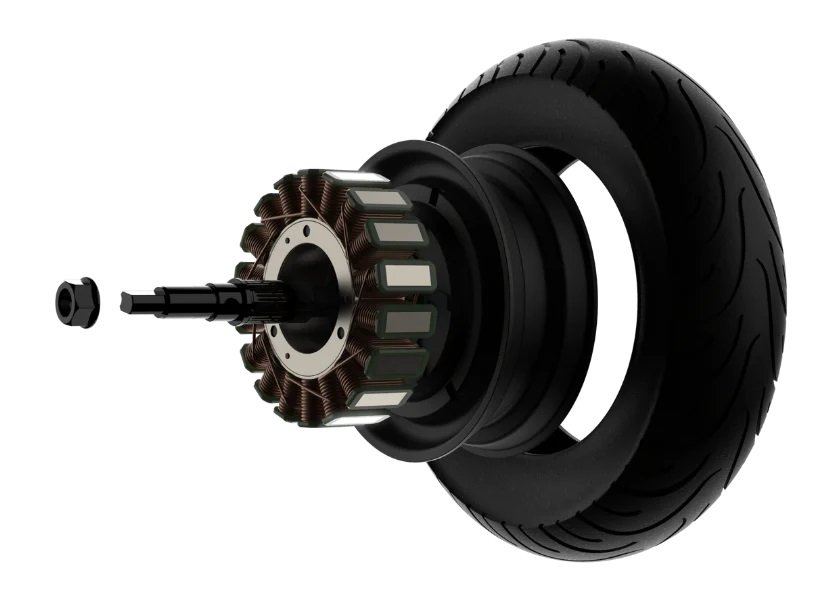
For example, Unagi Voyager packs a pair of 500 watt motors giving 1000 watts peak power compared to Unagi Model One with 800 watts max. Even though Voyager is probably one of the lightest - if not THE lightest commuting scooter out there.
Here, greater power output does not always mean a heavier motor. It's often down to improved torque (the turning force of rotation around an axis).
Tires
The size of tire fitted should reflect how an e scooter is to be used. Most electric scooters built for urban commuting will have 8.5 - 9 inch diameter tires.
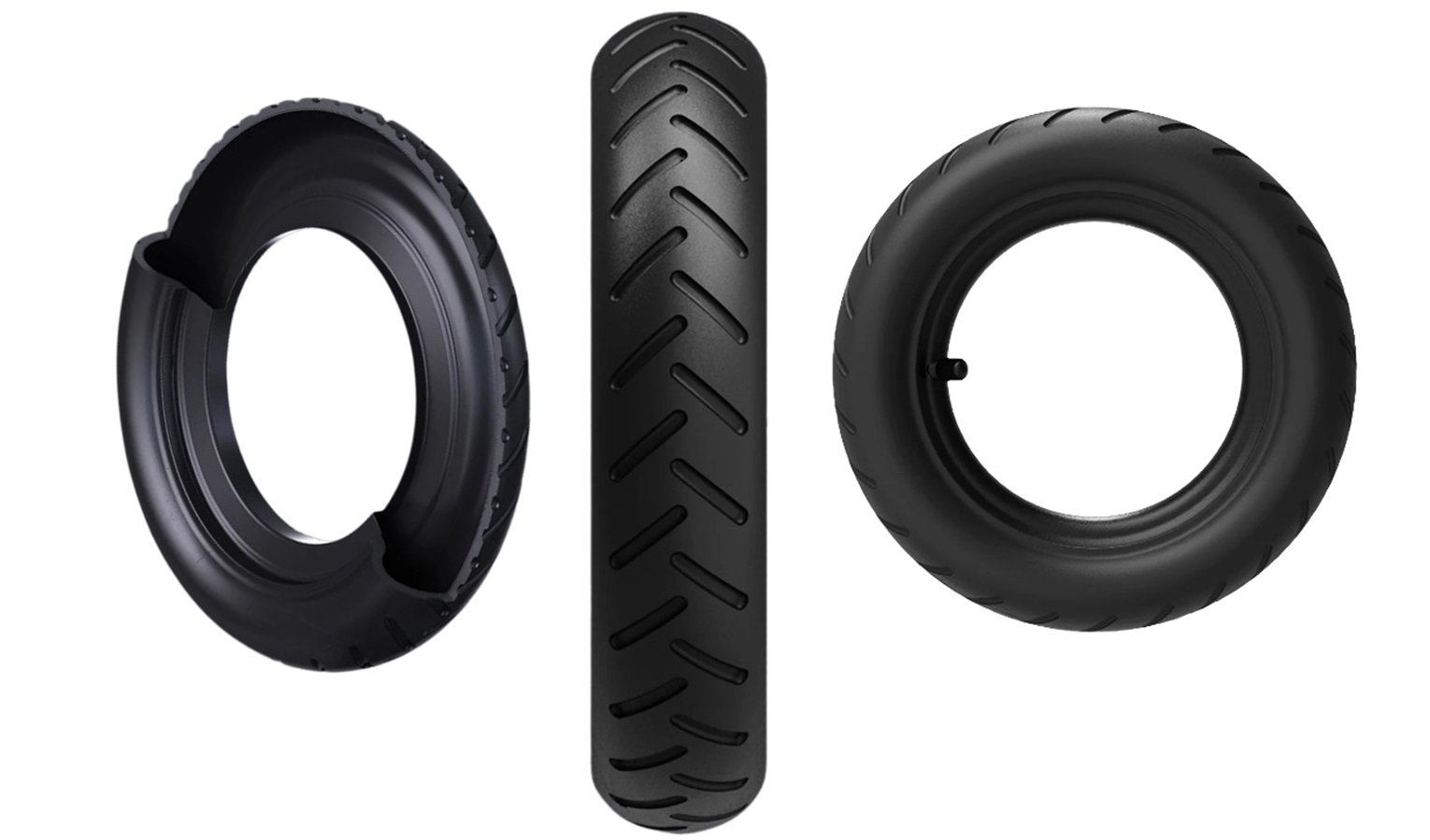
But an off road scooter is usually bigger and heavier. And tends to have bigger 10 inch tires, at least, for keeping the scooter balanced while tackling rougher terrain.
Another difference is between the three types of tires that can be fitted to an electric scooter:
- Pneumatic (air filled) tires: 0.45 - 0.50 kgs
- Solid tires/ Honeycomb tires: 0.70 - 0.90 kgs
Shock asborbers
Electric scooters mostly come with one of two types of suspension system:
- Spring coil shock absorbers
- Hydraulic suspension
Some scooters will have only a single shock absorber (usually twin spring on the front wheels) while others will also have a pair on the rear wheel forks( hydraulic).
A pair of heavy duty spring coil shock absorbers designed for 8-10 inch e scooter wheel forks can weigh around 0.70 - 0.80 kgs ( 1.5 -1.7lbs).
While a single hydraulic suspension can weight at least 1.2 kgs (2.6 lbs).
Some of the lightest urban scooters, such as Unagi Voyager, have no suspension system at all. Instead rely on honeycomb tire technology to supply a balanced, smooth ride.
Frame

A scooter intended for urban rides across town needs to have both a lightweight and strong, durable frame.
How portable your scooter is for the daily commute - how easy it is to carry up and down stairs and escalators - is determined by how much a scooter actually weighs.
The weight of a scooter is also an important factor in how much load it can carry.
Increasingly, commuter scooters are built with aviation-grade aluminum alloy, which has a high strength-to-weight ratio. Ideal for a lightweight and durable commuting scooter.
The weight of a solid, secure deck and sturdy handlebars are also key factors in an electric scooter's overall frame weight and load carrying limit.
A scooter designed for longer range commutes (with a larger capacity, heavier battery) will also tend to have a heavier frame.
Electric scooter weight limit by US state
Electric scooter laws in the US can vary a lot across different states.
There are FOUR states in which a maximum weight limit of 45.3 kgs (100 lbs) is imposed on an electric scooter.
The four states are:
- Georgia
- Iowa
- Nevada
- Virginia
This is important to know because the weight of a scooter places a limit on the TOTAL weight it can safely carry. Including, either heavier riders or even those riders simply on the heavier side.
I'm a heavy adult - what's the best electric scooter for me?
Choosing the right electric scooter for heavy or heavier adults is essential for safety, riding comfort and performance. You should always start by checking out these 3 key factors:
Scooter weight limit
An electric scooter must have a weight limit which is at least 10 per cent more than a rider's weight.
- The average weight limit for a typical adult scooter usually starts at around 100kgs (220lbs).
This means a rider's weight needs to be no more than 90 kgs (200lbs). Particularly, if usually wearing a backpack, which can add on several more pounds.
Battery capacity
A high battery capacity can better handle heavier loads. The rated values to look out for are:
- Amp hours (Ah) - amount of electrical charge (measured in number of amps) that can be supplied within one hour. The higher the number of amp-hours, the greater amount of energy stored. Minimum battery amp hours should be at least 10Ah.
- Watt hours (Wh) - total number of watts (power energy) that can be used over one hour. Minimum battery watt hours should be around 650Wh.
Motor power
The average commuter scooter should have a motor capable of delivering 200 to 500 watts. Heavy adults should be looking to find an e-scooter with motor power of at least 350 watts. Or risk loss of speed, range, and a struggle to make hill climbs.
A motor rated at a minimum of 350 watts should be able to keep even heavy riders at a legal urban commuting pace (25 km/h/15 mph) in many states.
Here are some typical speeds generated by motor watts...
| Watts | Speed (average values) |
|---|---|
| 250 Watts | Up to 25 km/h (15 mph) |
| 350 Watts | Between 25 km/h (15 mph ) and 35 km/h 22 mph) |
| 500 Watts | Between 40 km/h (25 mph) and 60 km/h (38 mph) |
| 1000 Watts | Minimum 50 km/h (30 mph) |
Dual motor
While a single rear wheel hub motor is often considered more powerful than a single front wheel motor, in many cases a dual motor scooter is your best bet, if you're a moderate to heavy rider.
A dual motor effectively doubles power output. And can give you that extra reserve of power when needed for fast acceleration and hill climbs.
Manufacturers Specifications
When looking around for the best electric scooter for heavier riders, you should always carefully check the manufacturer's specification for weight limit. This should be available on the scooter brand's website and in the specific model's user manual.
Summary...
Several related factors affect most adult scooters' weight limits. And will directly impact whether you can have the optimal performance you want - and to ride comfortably and safely.
Top of the list of important factors are:
- Size and capacity of the battery, and motor. Followed by frame, suspension and tires.
- 10 kgs (22 lbs), at least, between your weight and the weight limit of the scooter.
- Check to see what scooter weight limit is in your state.
Finally
Electric scooters are designed and built to take the weight and balance of a single rider. It's not only seriously unsafe. It's also prohibited by law to have 2 people riding on the same scooter.
Sign up HERE to the Unagi All-Access Subscription Program.
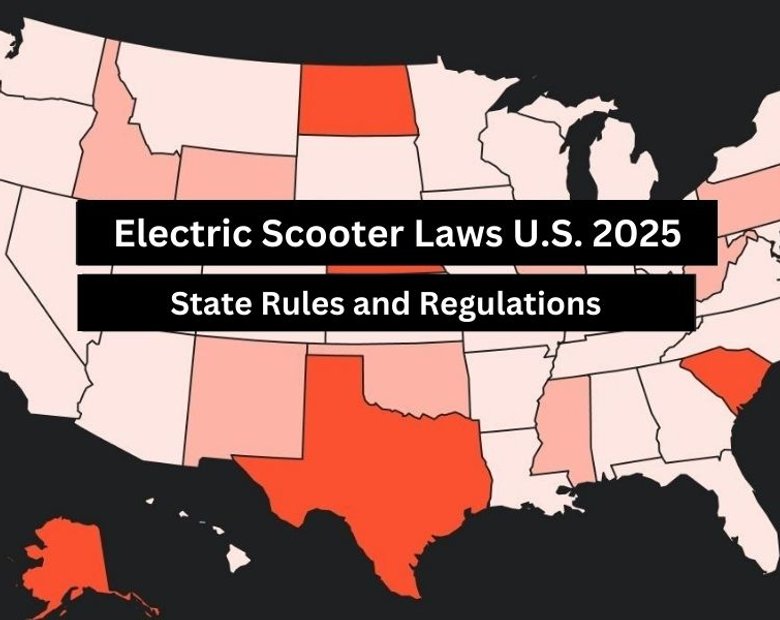
Stay current with the latest U.S. electric scooter laws in our 2025 guide. Updated annually since our first comprehensive guide, ensuring you have the most recent state and city regulations to ride responsibly”
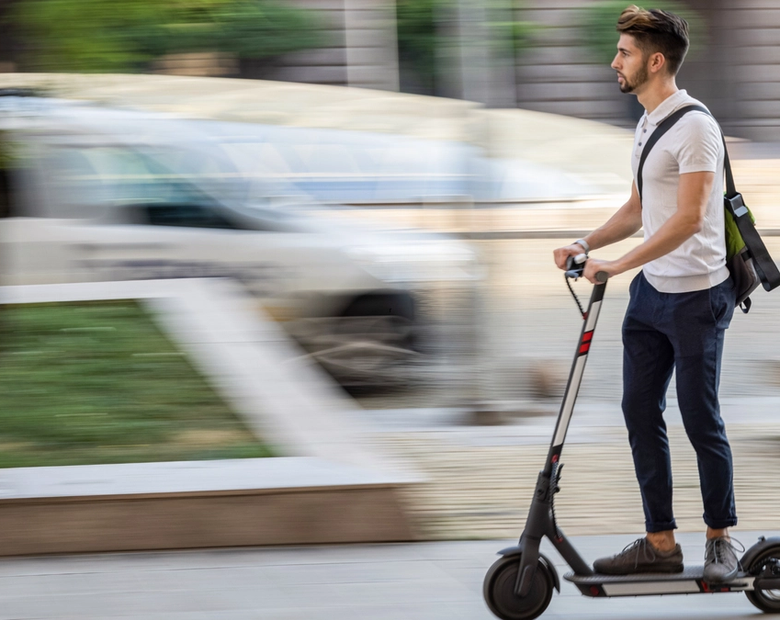
The Slack Core 920R is currently the fastest electric scooter in 2025 that you can purchase without the need for pre-order.
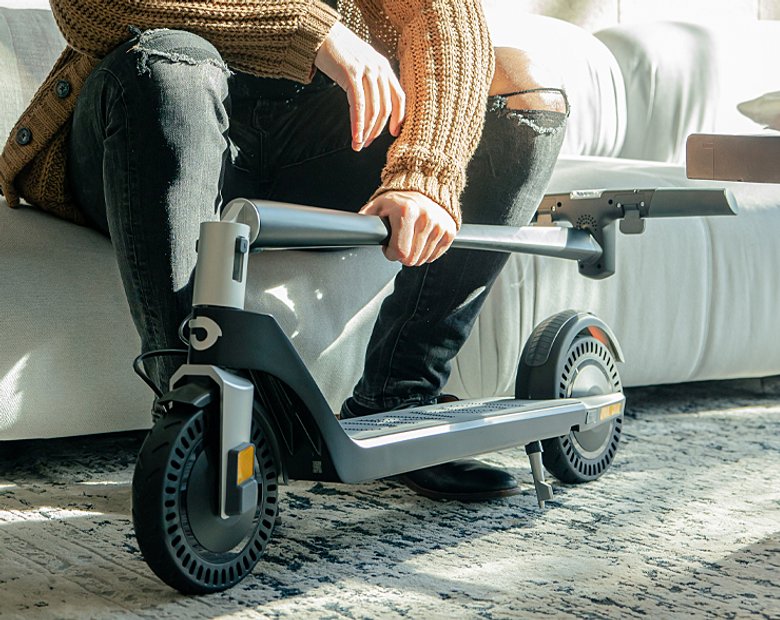
Our selection of the best electric scooters 2025 spans the fastest e-scooters to the most portable ones, the ones designed for city riding and off-road, the best scooters for rain, budget electric scooters for students, and more powerful ones for skilled riders.
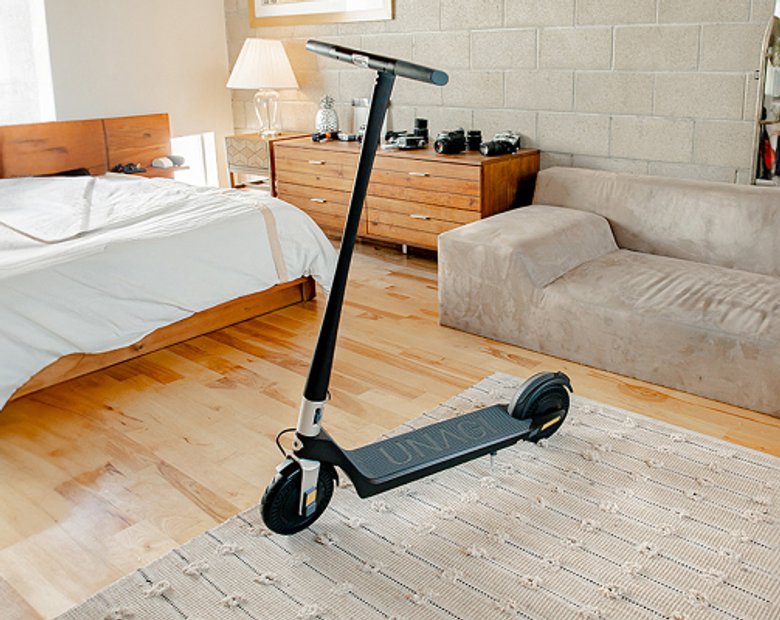
The Unagi Voyager is the best lightweight electric scooter for adults and teenagers. It is the ultraportable sequel to its predecessor, the Unagi Model One Classic.
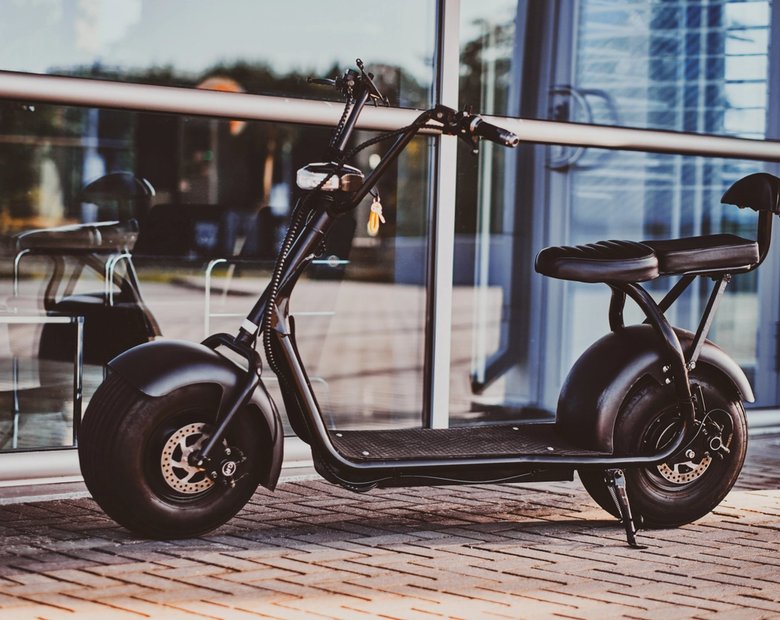
If you're wondering whether an electric scooter with a seat is right for you, this is a detailed article that would suit your need.
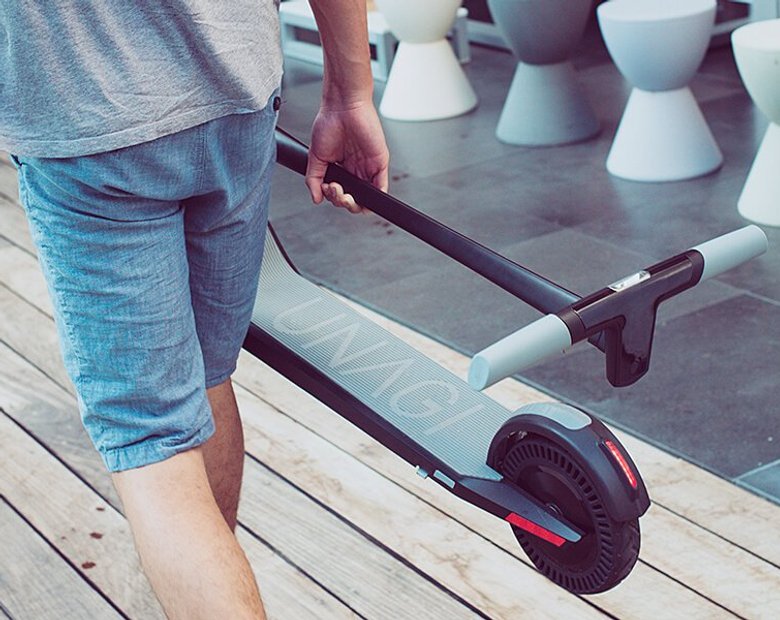
Understand which personal electric vehicle is best, the choice between an electric bike or electric scooter might already be made for you by some critical factors, including portability and storage capacity.
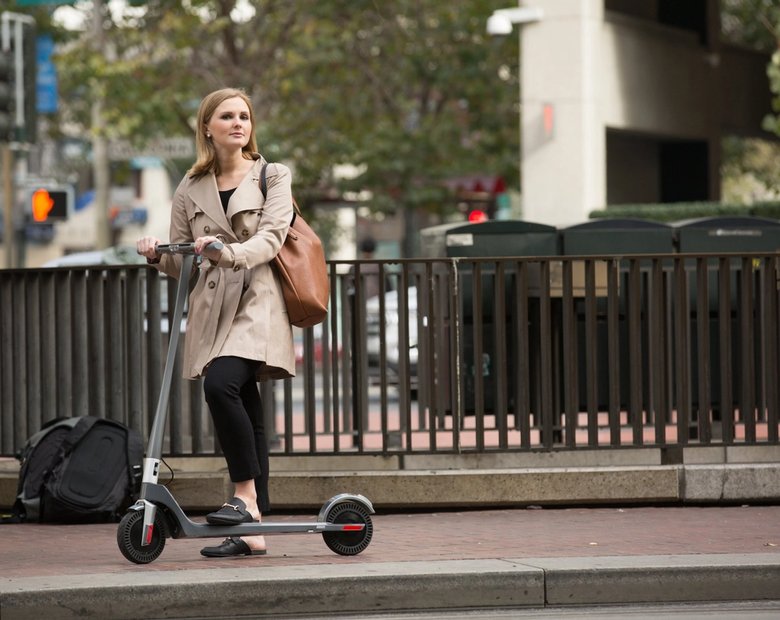
In the U.S., most states don't require a license. For those that do, they usually just ask for a regular driver's license or a learner's permit.
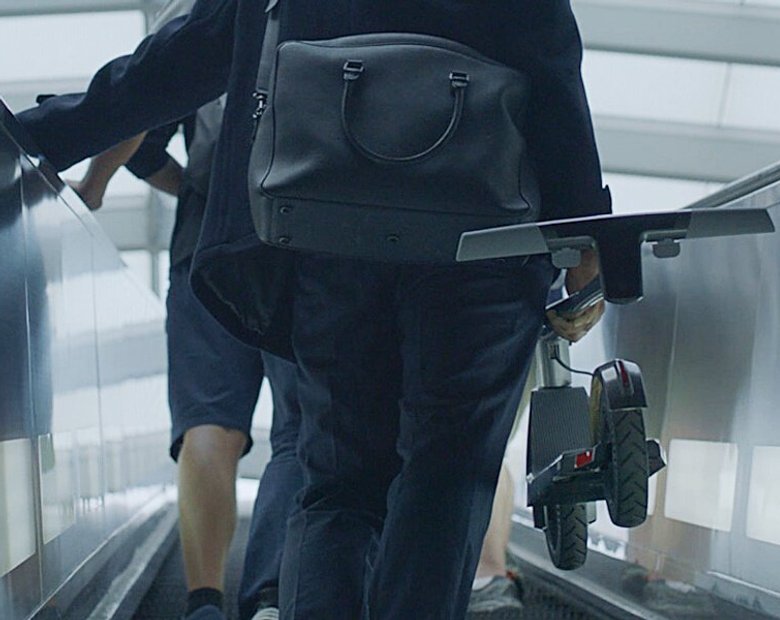
Yes, you can bring an electric scooter on a plane, but it needs to have a lithium battery smaller than 100 watt-hours, which most don't.

Manufacturers advise against riding electric scooters in the rain. The main reasons are: water can fry the electronics, make the ride dangerous, and void your warranty.

The basis and the premise of my work is that we either operate out of love or we operate out of fear...Time is currency. The coolest thing about the scooters is that it's really quick, and it goes uphill. From there, traveling more efficiently and having a good time doing it--I think that's the most important thing.

Cynthia Leu has a full plate. A tech worker by day, Cynthia spends her off time balancing the parallel lives of a powerlifter, entrepreneur, mental health advocate, and more. Riding Unagi helps this USMC veteran cut down on everyday…

https://www.youtube.com/watch?v=7m2hVBE62LY Rasheed Muhammad is sick of Los Angeles traffic. In order to preserve his sanity, Rasheed has traded his everyday driving habit for the portable and beautiful Unagi Model One. It’s an essential accessory for navigating LA streets -- and…

Rich Lee, Co-Founder of San Francisco’s SPRO Coffee Lab, wants to share his love for coffee with the world. He depends on riding Unagi to avoid the hassle of navigating the parking crunch in the booming Mission Bay neighborhood.…

